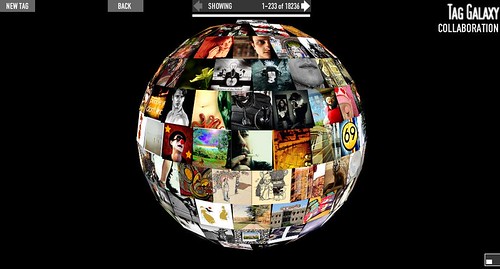
I was reading George Siemens blog comments on changes in education. He cites David Wiley that says that the changes needed for reform in education would require actions similar to the ones carried out by Luther against the Catholic Church. I like the image and I think it is great comparisom, but I think a softer approach might work or not. I guess, we educators are too idealistic and naïve sometimes. Let me share with you some ideas I had on the subject. I had a very interesting conversation with a friend yesterday [we have a face to face study group on Connectivism and the use of technology in education (yes face to face is cool too)]. We were talking about the needs of incorporating technology into teaching. We discussed where we thought resistance to do it stemmed from and how to overcome it (you know: the old beaten to death subject). She asked about the idea of the institution adopting a blogging platform to all the students like the one mentioned in a text we were discussing. First I said, it was a top down thing and I would not agree with it. Then we pondered the pros and cons and I agreed with her that it might give web 2.0 tools such as blogs and wikis more credibility and promote the use of tools by faculty and students. So my question is this: Is giving freedom to teachers to use web 2.0 tools enough? Shouldn’t institutions and people in position of power such as supervisors and coordinators learn about them and start using them to promote change/adoption?
